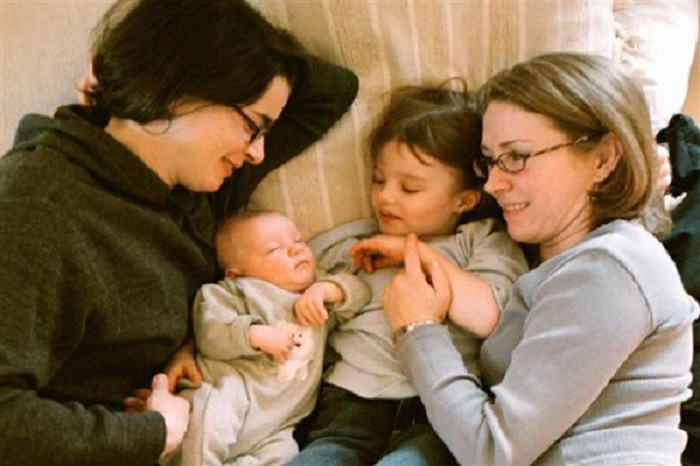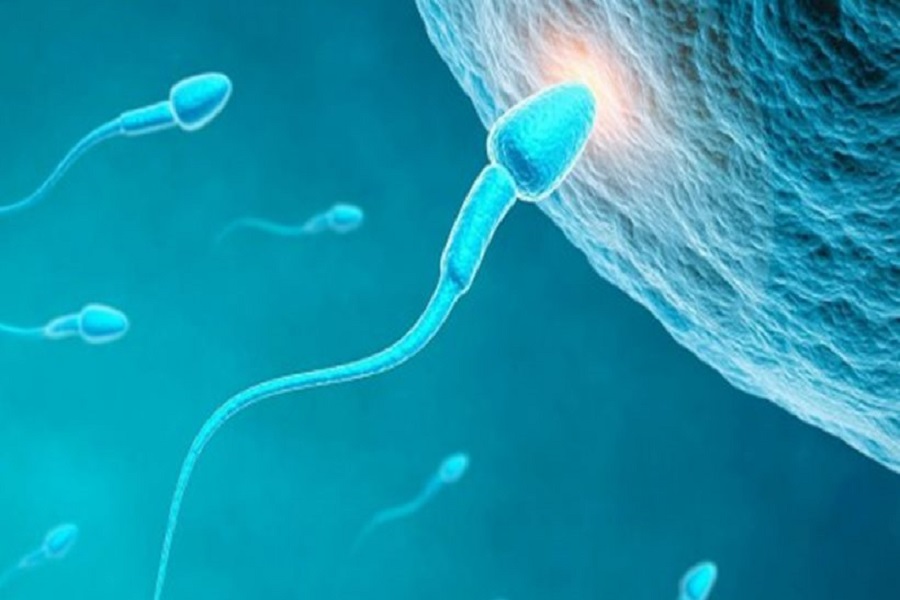News
German court decision raises more questions than answers
Published on: 17/02/2015
 On 28 January this year the German Federal Court of Justice decided in a landmark court case that donor conceived people have the right to access the identity of their donor - independent of the offspring's age.
On 28 January this year the German Federal Court of Justice decided in a landmark court case that donor conceived people have the right to access the identity of their donor - independent of the offspring's age.The decision is the outcome of decades of legal challenges over donor anonymity in Germany.
Since 1989, there have been several court cases whose outcomes indicated that children have a right to access their genetic origin. And in 2013, a German higher court granted this right explicitly to a young woman conceived by donor insemination for the first time.
In January this year, the Federal Court of Justice confirmed this right and, unexpectedly, also ruled that the right to access the donor's identity is independent of the age of the child.
In this most recent court case, the parents of two children aged 12 and 17, appealed to the Court of Justice after the clinic refused to provide the donor's identity. At the time of treatment, the parents had signed a document with the clinic indicating they had no interest in the donor's identity. However, as the children grew older, they wanted to retrieve this information.
The clinic did not provide the donor's identity as they had granted the donor anonymity unless a court decision overruled this. The parents therefore appealed to the State Court in Hannover, which rejected the appeal saying that disclosure of identity would only be possible after the children turned 16 - the age at which adopted children in Germany can access information on their biological origins. The parents then took the case to the Federal Court of Justice.
The subsequent decision of the Court of Justice is a good basis to prepare further legal and logistical changes. At the same time, however, it also indicates the challenges ahead.
For example, confusion has already appeared over the effect of the recent ruling on legal paternity. In Germany, although parents cannot contest paternity once they have both agreed to donor insemination, the child can. So far in Germany there has never been a case in which a child has contested the legal paternity of his or her father after donor insemination. And most, if not all, court cases initiated by donor conceived people in other countries have concerned access to the identity of the donor, not the desire for the donor to become a legal parent.
Nevertheless, in media contributions last week, there were several misleading articles indicating, or at least suggesting, that donors now run a greater risk of becoming the legal parent. This is simply not correct as family law has not been changed. The risk remains the same and no donor recruited through the medical system in Germany has ever become a legal parent.
At the same time, sperm donors still do not enjoy full legal protection in Germany. For example, in the case of lesbian parents who are not in a legal relationship and who, therefore, cannot adopt a child conceived through donor insemination, as well as in the case of single mothers, the donor runs the risk of legal paternity with all consequences including visitation rights for the child. Donors should enjoy full legal protection independent from the sexual orientation or the civil status of the recipient women.
Another issue is that there was no statement by the court regarding the fact that, in the past, donors were ensured anonymity. This decision raises the question of whether donors will become identifiable even though they donated at a time when doctors typically informed them that they would remain anonymous. This seems tantamount to a retrospective removal of anonymity.
Several other questions remain:
If young children can access their donor's anonymity, what happens in those cases where children are not yet aware of their donor conception - can parents claim rights to the donor's identity?
If young children would like to meet the donor, what are helpful procedures to ensure that this contact is a positive experience for everybody involved?
It is interesting that prior to this court case, adopted children had more rights enshrined in legislation than donor-conceived children. Now, children conceived by donor insemination seem to have more rights than adopted children who still have to wait until they are 16 to access information about their origins. What does this mean for adopted children?
Germany is lacking a comprehensive legal framework for donor insemination and, once again, this court decision has only highlighted the challenges this presents. German legislators now have the task to tackle this and to initiate legal changes that respect the rights and needs of every party involved in donor insemination.
Source: BioNews 789 Dr Petra Thorn
- Published on: 28/06/2016
- Gov. John Bel Edwards has reversed course from his predecessor and agreed to create regulations governing surrogacy births in Louisiana. Read more
- Published on: 18/05/2016
- Experts point out that serious questions are raised regarding the birth of a child by an elderly woman Read more
- Published on: 18/05/2016
- A controversial geneticist, Severino Antinori, who became known for helping women over 60 years old to become pregnant, was arrested for stealing eggs from a patient. Read more






